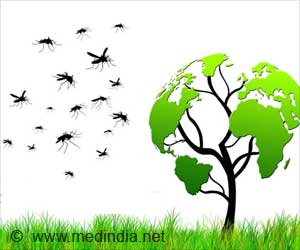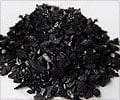Walking and cycling have many benefits and help reduce greenhouse gas emissions, but researchers say we need to think about what people eat to fuel their walking and cycling.

‘In high income countries, reductions in greenhouse gas emissions are largely proportional to the magnitude of meat and dairy reduction.’





Lead researcher Dr Anja Mizdrak from the University of Otago, Wellington, says producing the food required to fuel walking and cycling does come at a cost. "We have a conundrum - but a solvable one. To maximize the benefit on greenhouse gas emissions achieved by increasing active transport, we need to also address dietary patterns. Emissions associated with active transport will be lower if walking and cycling are powered by low-carbon dietary options."
The research estimates that the additional energy expenditure required to travel one kilometre ranged from 48 to 76 kilocalories for walking and 25 to 40 kilocalories for cycling.
"If this energy is compensated with extra food intake, travelling an additional kilometre in the most economically developed countries could result in an increase in greenhouse gas emissions by 0.26 kilograms CO2-equivalents per kilometre for walking and 0.14 kilograms CO2-equivalents per kilometre for cycling."
Dr Mizdrak says there is a significant difference in greenhouse gas emissions related to food production between the most and the least economically developed nations.
Advertisement
Dr Mizdrak says active transport has many advantages including more pleasant urban living, reduced air pollution, and a reduction in chronic diseases like cancer and heart disease.
Advertisement
Dr Cristina Cleghorn, a nutrition researcher at the University of Otago, Wellington, and co-author of the research paper, says reducing meat consumption and shifting diets away from processed food and towards more vegetables, legumes, whole grains and fruits are likely to have health and environmental co-benefits.
"Given emissions associated with different food groups range widely - from 0.02 for legumes to 5.6 grams CO2-equivalents per kilocalorie for beef and lamb in one global study, consumers switching to foods with lower emissions could reduce overall dietary emissions by up to 80 per cent."
"In order to reduce greenhouse gas emissions we need to encourage changes in what we eat, as well as how we travel."
Source-Eurekalert















